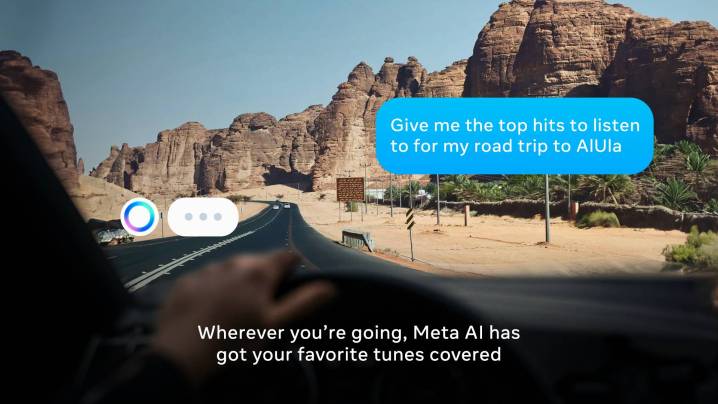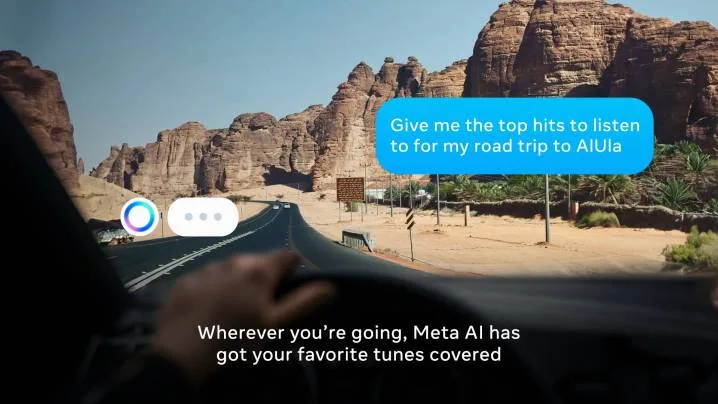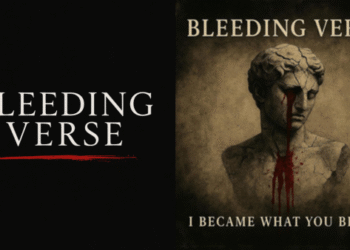Select Language:

Meta has unveiled its AI chatbot platform to millions of users across Facebook, Instagram, WhatsApp, and Messenger in the Middle East, as announced on Monday. The rollout includes countries such as Algeria, Egypt, Iraq, Jordan, Libya, Morocco, Saudi Arabia, Tunisia, the United Arab Emirates, and Yemen.
“AI has become more accessible than ever, as we officially introduced Meta AI in the Middle East and North Africa with support for Arabic,” stated Meta in its blog post. Initially, users will have access to limited features of Meta AI, which include generating text and images as well as animating pictures. The company has plans to expand these functionalities soon, introducing tools for simultaneous dubbing in Reels, AI-driven image editing, and the “Imagine Me” feature, which creates user portraits based on uploaded reference images.
While this AI does not have the agent-like qualities of OpenAI’s system, Meta envisions it as a virtual assistant that can generate text and images. Users could plan trips in group chats with the help of the chatbot, which would provide destination suggestions and assist in coming up with activity ideas. “Upload a photo of your apartment view and ask Meta AI to reimagine a new world for you,” the company explained. “Want a new hair color or style? Meta AI will help with your transformation.”
Meta isn’t the only player aiming to enhance its presence in the Middle East and North Africa. Recently, the French AI startup Mistral revealed its new Saba model, tailored to engage with Arabic-speaking users. While this region has not experienced the same rapid growth in generative AI as seen in the US and China, it is projected that the Middle East will reap significant benefits from this technology in the coming years. According to a recent study by PWC, the Middle East could capture about 2% of the global benefits of AI by 2030, which translates to an estimated $320 billion.







